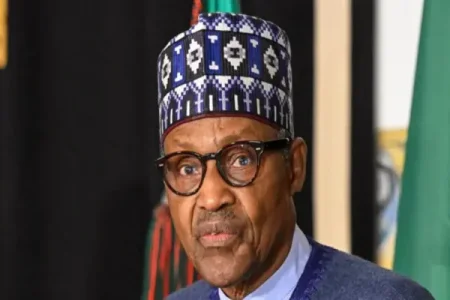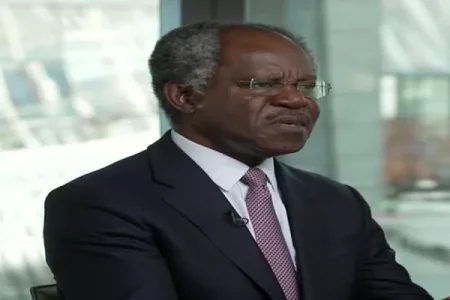
As Africa's economic landscape undergoes a significant shift, Nigeria, once the continent's largest economy, is poised to slip to fourth place this year, according to projections from the International Monetary Fund (IMF). In a surprising turn, Egypt, which briefly held the top position in 2023, is anticipated to fall to second place behind South Africa after a series of currency devaluations.
The IMF's latest World Economic Outlook paints a picture of Nigeria's economic decline, estimating its gross domestic product (GDP) at $253 billion, trailing behind Algeria at $267 billion, Egypt at $348 billion, and South Africa at $373 billion. This downward trajectory signals a pivotal moment in Nigeria's economic trajectory, with implications not only for the country itself but also for the broader African region.
The fortunes of Nigeria and Egypt have dimmed amid challenges such as high inflation and currency depreciation. Since assuming office as Nigeria's president in May 2023, Bola Tinubu has embarked on significant policy reforms, including allowing the currency to float more freely and scrapping costly energy subsidies. Despite these efforts, the naira remains significantly weaker against the dollar, reflecting ongoing economic turbulence.
Meanwhile, Egypt, grappling with high levels of indebtedness, has also opted for a flexible currency regime, resulting in a substantial devaluation of the pound. The IMF's endorsement of Egypt's economic policies has led to an expansion of loan programs and increased financial support from international institutions, signaling a potential path toward economic recovery.
In contrast, South Africa's rand has maintained relative stability, with its value determined by financial markets. The country's economy stands to benefit from improvements in energy supply and initiatives aimed at addressing logistical challenges.
Algeria, buoyed by high oil and gas prices stemming from geopolitical tensions, has emerged as a significant player in the global energy market. Its intervention to alleviate Europe's gas shortages further underscores its growing influence in the region.




